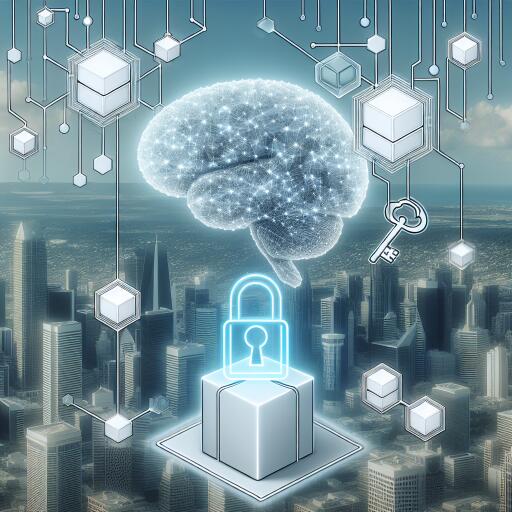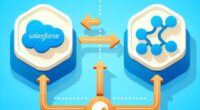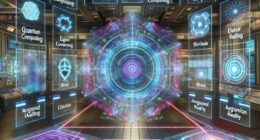Exploring the Transition to Decentralized AI: Is Blockchain the Future?
Artificial Intelligence (AI) stands at a crucial juncture, embarking on a transformative journey towards decentralization. This evolution promises a paradigm shift from the dominance of centralized AI systems by a few tech giants to a more transparent and collaborative decentralized framework, powered by blockchain technology.
Nick Emmons, the co-founder and CEO of Upshot, emphasizes the significance of this transition. He advocates for moving away from opaque, centralized AI systems to create transparent, decentralized networks. These networks aim to harmonize machine intelligence around shared goals, democratizing AI access and ensuring operations in a trustless environment without relying heavily on specific corporations.
While open-source AI initiatives, like Hugging Face with its vast repository of over 450,000 models, have seen significant growth, Emmons notes these efforts often remain siloed. A truly decentralized AI system requires a concerted effort to develop models that progressively learn from each other, facilitating collective advancement.
To fully realize the potential of decentralized AI, Emmons underlines the need to reconceptualize the AI stack. This reconceptualization encompasses all layers of AI development, from computing and data processing to model training. The aim is to foster markets driven by collaboration, supported by blockchain technology to ensure transparency and trustless interactions.
Decentralizing AI is not merely about technology. It represents a shift towards equitable control, aligning development with diverse societal needs and providing a bulwark against mass surveillance and manipulation. At this critical crossroads, the challenge is to navigate between proprietary, cutting-edge AI and its decentralized, but nascent alternatives without compromising on innovation or access.
To surmount this challenge, there is a clarion call for all stakeholders in the AI ecosystem to collaborate. This involves creating a decentralized architecture that spans the entire AI stack, facilitating a trustless environment that does not compromise on the accessibility of advanced technologies.
Despite its efficiencies, the centralization of AI has its drawbacks, including stifling innovation and encroaching on privacy. Conversely, a decentralized AI framework offers numerous advantages such as collective intelligence, privacy preservation, and reduced bias, thereby promoting scalability and universal access.
Emmons advocates for a revamped open AI ecosystem, encouraging integration among traditionally isolated components. This shift towards decentralized AI promises to democratize AI development and mitigate risks associated with centralized monopoly over technology.
Toufi Saliba, CEO and founder of HyperCycle, echoes the sentiment that AI stands as a pivotal innovation, comparing its significance to that of the internet. Saliba underscores the necessity of cooperative development for AI to achieve its full potential, emphasizing the importance of shared training models and open-source technology.
Saliba draws parallels between the internet’s growth trajectory and the path AI must embark upon. He suggests that, much like the internet’s explosion following its release from ARPA’s control, AI’s future lies in collaborative development and decentralized systems. Such systems would empower innovators to improve upon existing models, creating a thriving ecosystem that fosters the best ideas.
Saling with optimism, Saliba envisions a future where the decentralized approach not only propels AI to new heights but also enables this transformative technology to change the world significantly.
As we stand on the brink of this new era in AI development, the move towards decentralization, spearheaded by thought leaders like Emmons and Saliba, holds the promise of making AI more accessible, equitable, and responsive to our collective needs. The key to unlocking this future may very well lie in the unique capabilities of blockchain technology to foster collaboration and trust in an increasingly interconnected world.










